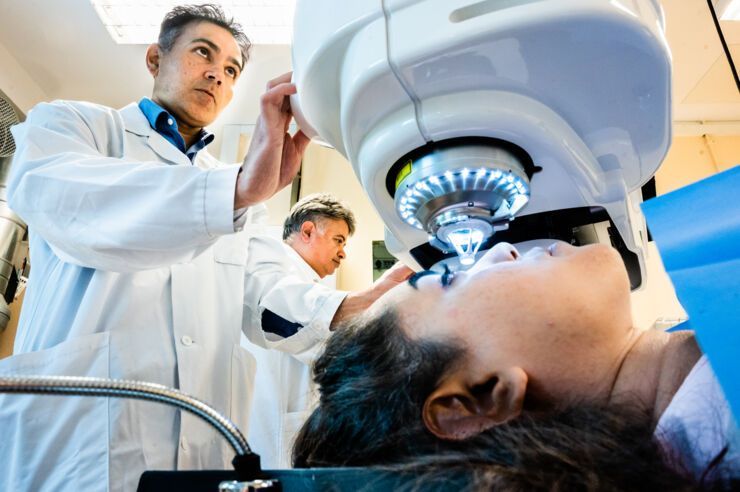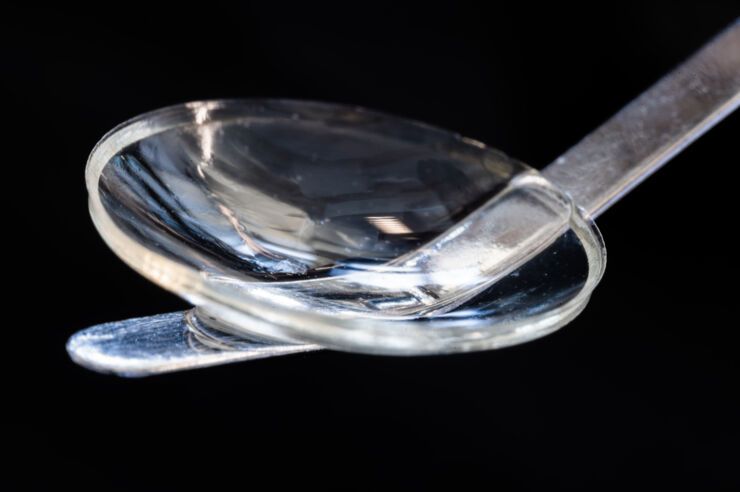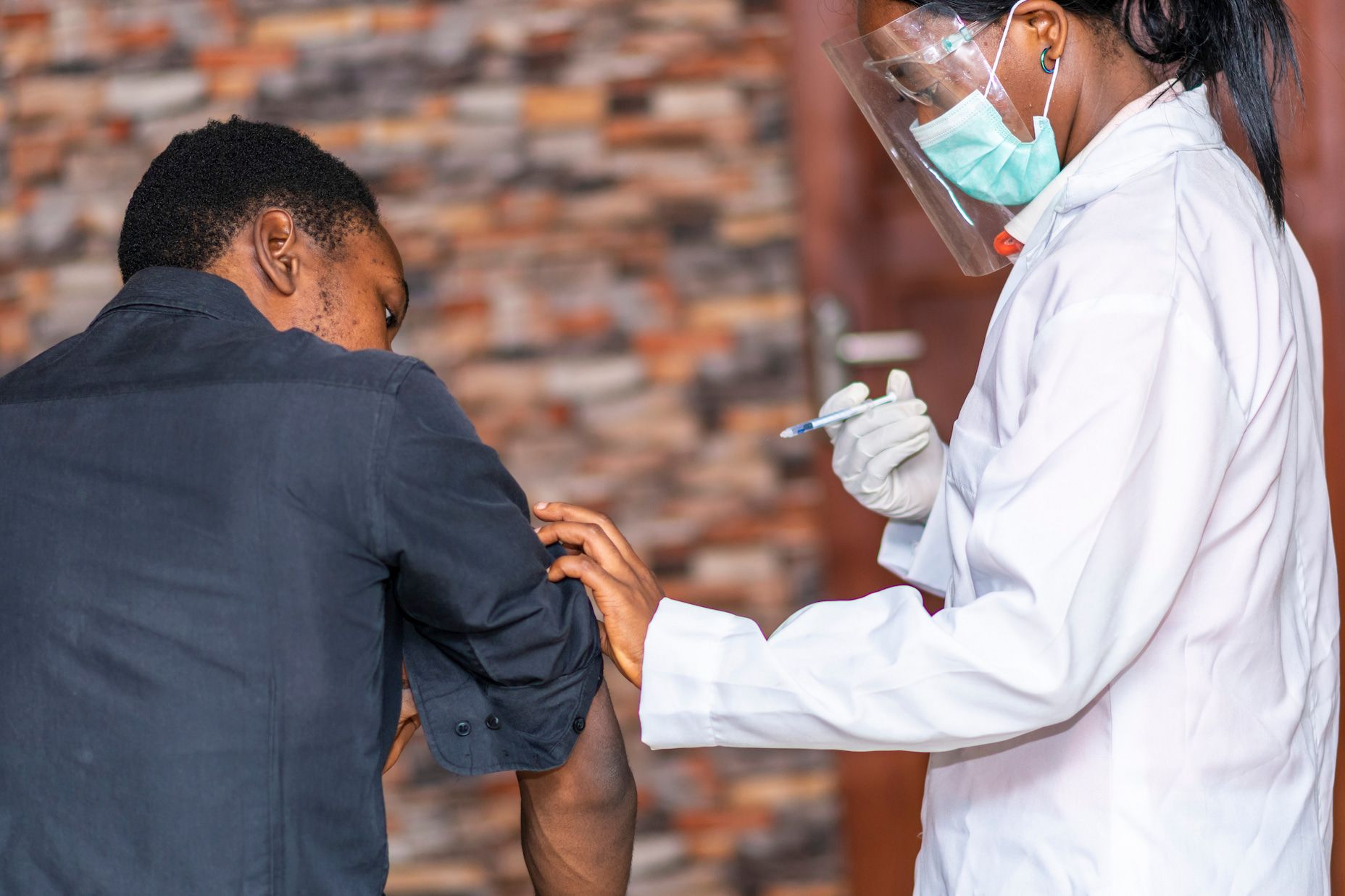
👁 Cornea made from pigskin can restore sight to the blind
Millions of people can regain their sight through donated corneas. The great shortage of donated corneas can be solved by making new corneas from pigskin.
Share this story!
Close to 13 million people in the world are blind due to corneal damage. They can get their sight back through a transplant, but there are only donors so that's enough for 1 in 70, of those who are in need for a new cornea.
Now researchers at Linköping University and LinkoCare Life Sciences have developed a method that allows anyone who needs a new cornea to get it.
Namely, the researchers have found a way in which they can use skin from pigs to manufacture new corneas that can be transplanted into humans. Since pigskin is a cheap by-product from the food industry, the price for the new corneas is so low that everyone who needs one can get a new cornea.
"We have made every effort to ensure that what we develop is accessible and affordable to everyone. This is not only for people with good finances. It means the technology can be used in all parts of the world", says Mehrdad Rafat, university lecturer at Linköping University and founder of the company LinkoCare Life Sciences, in a press release.

In short, the method involves the researchers taking collagen molecules from the skin of pigs. The researchers take these collagen molecules, build the molecules together and stabilize the material so that it can withstand handling and being inserted into the eye.
An additional advantage of the method is that these corneas can be stored for up to two years. Human corneas must be used within two weeks.
The researchers have conducted a pilot study in Iran and India in which twenty people who had become blind or were about to lose their sight had a cornea made from pigskin inserted. All recovered their sight and suffered no complications.
"The results show that it is possible to develop biomaterials that meet all the criteria to be used in implants in humans and that can be mass produced and stored for up to two years and thus reach even more people with vision problems. This could circumvent the problem of access to donated corneal tissue and change the way some eye diseases are treated", says Neil Lagali, professor at Linköping University and another of the researchers behind the study.
By becoming a premium supporter, you help in the creation and sharing of fact-based optimistic news all over the world.


